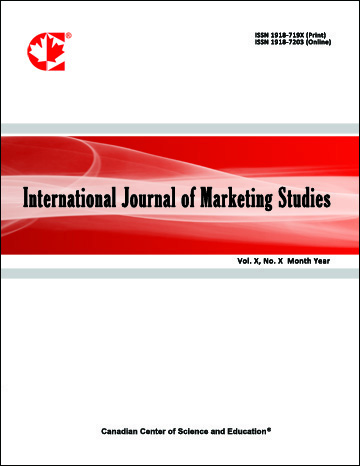The Connect Framework: A Conceptual Proposal for Bridging Educational Transformation and Marketing Strategy
- Ulmas Gulyamov
Abstract
Traditional marketing strategies emphasizing mass communication and short-term conversion have become increasingly inadequate in an era characterized by personalization, emotional resonance, and sustained trust-building. As technological capabilities expand, consumer expectations now demand relationship-based marketing approaches. In response to these shifts, the CONNECT methodology—originally developed in 2019 to support international student success—offers a structured seven-stage framework adaptable to modern marketing contexts. This paper reinterprets CONNECT—Cultivate Trust, Optimize Pathways, Nurture Motivation, Network Strategically, Engage Continuously, Collaborate with Stakeholders, and Track & Transform—through the lens of contemporary marketing theory and practice. By integrating current academic literature (2020–2025), case analyses, and conceptual modeling, this study positions the CONNECT framework as a robust, consumer-centric, and emotionally intelligent marketing strategy. The proposed conceptual model offers pathways for operationalization, empirical validation, and practical application across diverse marketing environments.
- Full Text:
 PDF
PDF
- DOI:10.5539/ijms.v17n2p14
Journal Metrics
Google-based Impact Factor (2021): 1.34
h-index (July 2022): 70
i10-index (July 2022): 373
Index
- Academic Journals Database
- CNKI Scholar
- EconBiz
- Electronic Journals Library
- Excellence in Research for Australia (ERA)
- GETIT@YALE (Yale University Library)
- Harvard Library
- IBZ Online
- Infotrieve
- JournalTOCs
- LOCKSS
- MIAR
- PKP Open Archives Harvester
- RePEc
- ResearchGate
- ROAD
- Scilit
- SHERPA/RoMEO
- Stanford Libraries
- UCR Library
Contact
- Alyssa SunEditorial Assistant
- ijms@ccsenet.org
